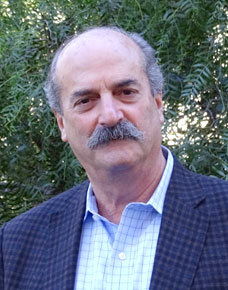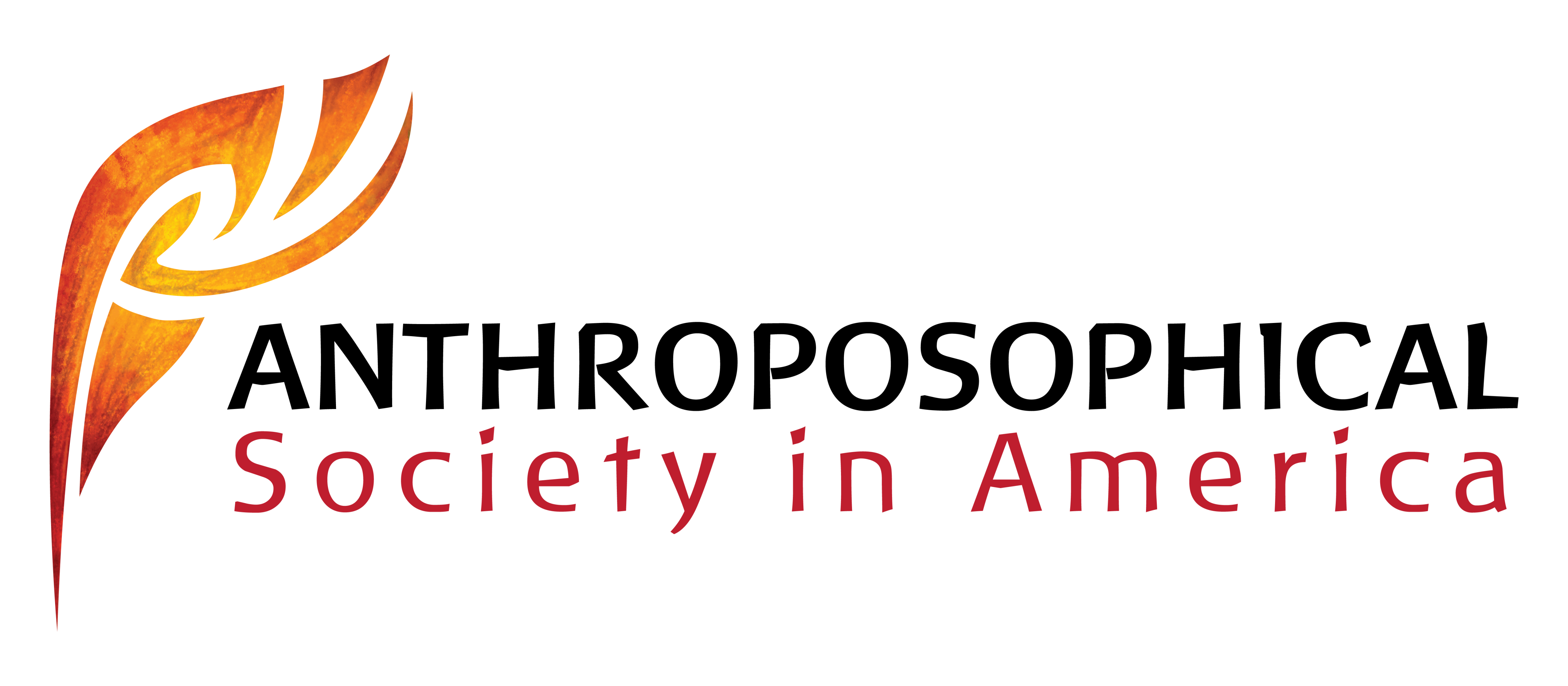From the General Secretary
June 26, 2022

Dear Members & Friends,
It was very moving to hear first-hand reports from Country Representative colleagues from Slovenia and the Czech Republic at our spring gathering and Annual General Meeting at the Goetheanum. The stories of and reports about refugees crossing borders from Ukraine were a powerful reminder of the painful realities of armed conflict. These stories bear spiritual, political, and economic realities; aspects of each play out in different but connected ways. Aggression across borders and boundaries, violation of human rights, and devastation of communities are confusing and angering expressions of political and economic abuse. The deeply felt first-hand stories conveyed by my colleagues remain a powerful reminder of the worldwide presence of the Anthroposophical Society; members individually and collectively are in no way immune from the shattering reality of these events. Such a reality is also an important reminder that we are connected through a beautifully woven web of human relationships.
Geographic distance and local cultural differences matter, partly because these differences contribute to a composite and cosmopolitan spiritual field. Differences can also present points of resistance arising from the natural tension between the global and local, a tension that plays out even now in our own world Society. One structural example of this is that members’ voting rights at the Annual General Meeting are limited only to those who can be physically present at the Goetheanum. In this case, proximity matters more than anything else. Goetheanum Leadership has taken on addressing this issue of enfranchisement. At the same time, the Circle of Country Representatives and General Secretaries together with Goetheanum colleagues stand in for the wider world, and even that is yet to be expanded. We are asking how we as a world Society of anthroposophists can contribute in a practical way toward a better, more just and inclusive cosmopolitan future. This inquiry requires a global consciousness.
When Rudolf Steiner first proposed the Threefold Commonwealth in 1917, he was bringing spiritual insight into the public sphere of Central European governance. He understood that, rightly articulated, such a social proposal did not assume the audience to be anthroposophists. However, it did require a vision for leadership that would willingly elevate human dignity and interest in each other as a foundation for how we organize our broader social life.
Implementation of social threefolding required a transformed consciousness, good will, and an openness to change. Rudolf Steiner’s efforts failed at that time. One hundred years later, a similar need for change of consciousness and will for social transformation are everywhere evident well beyond the confines of the Anthroposophical Society. Old solutions, no matter how they are improved, leave us mired in old problems. Rather, people are striving the be recognized by others, to find community in new ways of being together, to participate in self-governance, and to find their own power in politics, economics, and culture, even as the forces of materialism are marching toward dehumanization.
One aspect of Rudolf Steiner’s social blueprint is that it can inspire and shape human initiative wherever an individual or group finds a connection to shared purpose and to each other. Practical and spiritual guidance arises from this kind of conscious working together. The spiritual world is not hindered by the spatial or temporal boundaries as we know them in our daily lives. Rather, once recognized and engaged, these spiritual beings can help us find the social equilibrium that is a dynamic function of threefolding. Such beings can work with us to dissolve separation between people, countries, and maybe even worlds. This is not simple work; it requires inner discipline and creating shared agreements.
Our interconnectedness is not in conflict with our sense of individuality. Though I may experience my self as separate from the world, that is no more than a construct of material thinking. Such an imagined reality no longer holds true the minute I take a breath of air from the world or behold a beautiful work of art. The natural and spiritual worlds, which live in the spaces between, around, and within us, work together as a connective tissue in a free cultural life. Yet, we are far from recognizing this reality.
There is also a powerful economic story accompanying the traumatic experiences from the borders of Ukraine. Those of us here in the US are geographically removed from the conflict, so the full dimensions of the war are hard to grasp. Most of what we hear, see, or read is mediated and managed. But, we are not immune to the economic impacts; and, those impacts point again to just how global and interdependent the world is. They also point to just how opaque and impersonal those economic forces are. We hear of food and supply chain challenges, but little is being said of the consequences of and to the demand chain. Put in the position of bearing price increases, we hear the usual supply and demand story and its accompanying old pricing adage: “Charge what the traffic will bear.” Inflation hurts some people’s pocketbooks and helps others without true justification or justice except the impenetrable rationale of market forces. The non-regenerative economy continues unabated, with some exceptions, and is yet to be replaced by practices that consistently place the value of people over that of capital, and of revitalization over extraction.
Because we are so interconnected, we are all vulnerable to the consequences of ecological destruction whether in our social structures, health, budgets, or ability to move about the world. One could go very much to a place of fear and uncertainty around all of this. And there are those deeply interested in and intentionally feeding uncertainty by recasting truth as a way to power. It undermines our sense of connection when there is a slow accretion of less visible and nameable forces that seem to be at work making things ever more challenging to our innate sense of and need for truth.
It is hard to move beyond fear to face it directly without the inner tools to do so. For this Rudolf Steiner placed in the world meditative practices and social threefolding for us to take up consciously. My sense is that fear is no longer just a feeling or emotional reaction. Fear itself has become productized and has been given a key function in the marketplace of capturing human attention for a manipulated outcome—whether selling products, gaining votes, or influencing the socio-consumer community.
The manipulation of feelings is not new to the social field by any means. Power has long been attached to such a process. But the recent post-ethical degree and immediacy of manipulation has opened the door to a kind of cynical intention and has become a gateway to invented narratives. Fear, as a product, is intended to control our actions. This kind of manufactured fear is a fixture in a dehumanizing process. Such a condition is prelude and preparation for laming individual will, disempowering individuals, and usurping the individual’s authority to act out of a deeply human ethic. This all may or may not ring true to you as a reader. However, if you take Rudolf Steiner seriously, I hope you will see that I am writing about a continuing and hardening manifestation of the materialization and de-spiritualization of the human being.
The “battlefield” is inner freedom, spiritual freedom, and it goes beyond identity to how we make meaning or sense of the world. We need to know this, and not run away from it. Where is the fear coming from? What is fear or uncertainty keeping me from seeing or experiencing? How do I appreciate its teaching value while knowing that it will be an ever-present inner reality? Where is my self in relation to its impact? And I would add that spiritual freedom is a key to transforming the economic and rights life as it carries with it the ethical responsibility for other’s freedom. What we share as anthroposophists is a powerful path and discipline toward inner freedom. The ethical field in and through which are working together is another question altogether. Because that energetic field operates in the space and time that embraces us all, it also deserves a level of inquiry that is not about right and wrong, but rather a cultivated interest in each other’s experiences. Interest means what exists between. Its measure is mutual understanding and its outcome is newly formed agreements. If we can enter that space and time without fear, we will have taken an antidotal step toward dispelling fear’s power and put it in its rightful place of service to our wellbeing. And, we will have taken a giant step toward turning the blueprint of threefolding into a living and healing practice. We have to be willing to do the work beyond local interest, beyond material and political boundaries. Rudolf Steiner imagined a worldwide Society even if it was not yet so one hundred years ago. As anthroposophists, we are bearers of that worldwide Society, though perhaps not yet worldly enough.
John Bloom
General Secretary
Anthroposophical Society in America (US)
